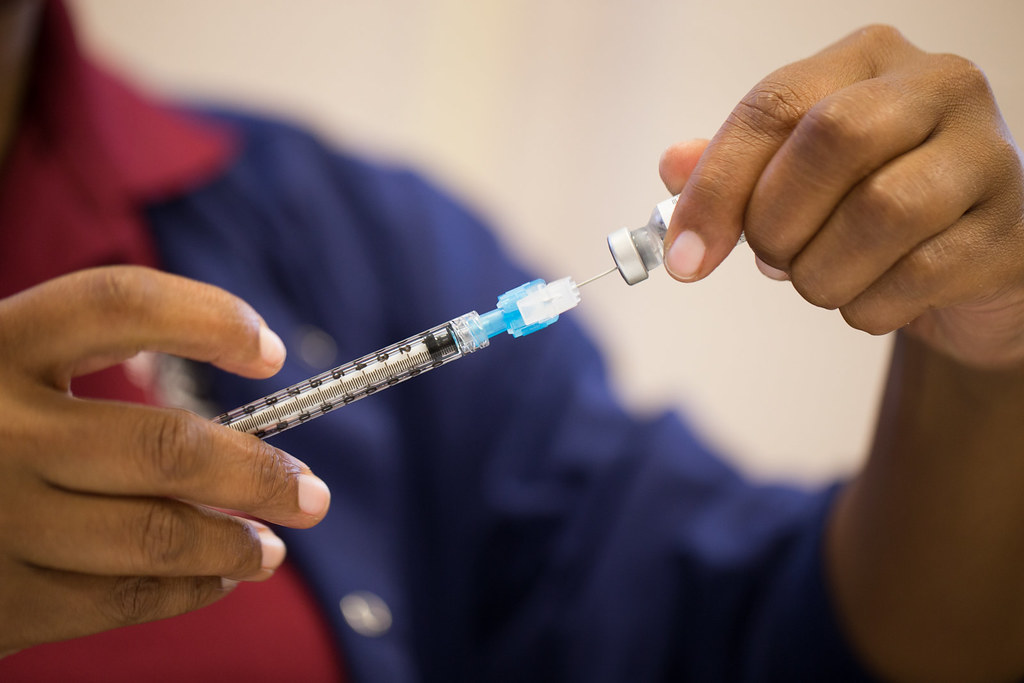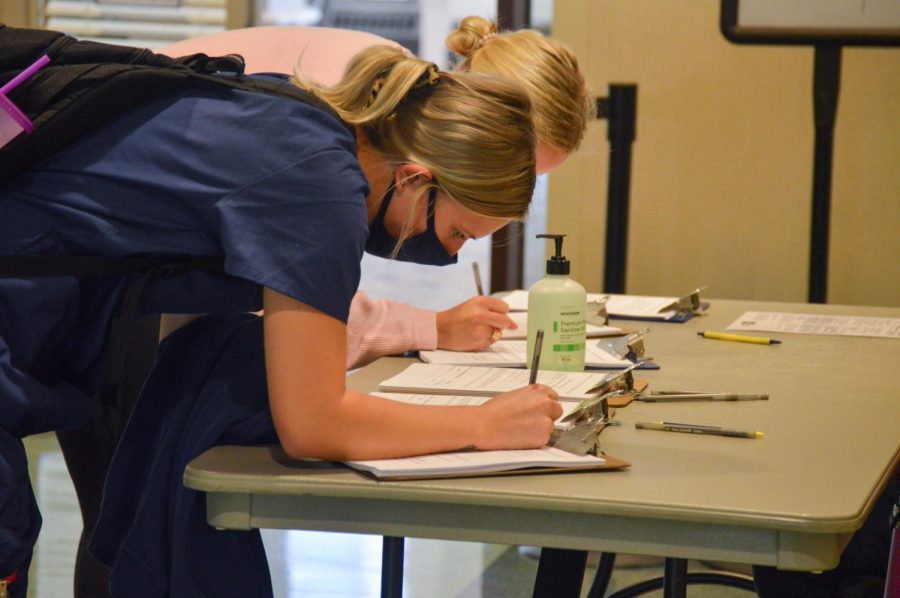Marquette University’s Medical Clinic operates off the principle of cura personalis, a classic Jesuit value that promotes the care of all aspects of a person, whether it be physical, mental or spiritual.
However, in order to fulfill its mission in its entirety, as well as showing that its services are genuinely preventative, the clinic needs to begin offering contraceptives to students.
This particular lack of care is not only dismissive of the current beliefs within the majority of the Catholic community, but actively endangers the health of students who are currently navigating one of the most sexually unsafe dating pools within the United States, with rates of HIV, syphilis and gonorrhea all spiking in the area within the last decade.
Although contraceptives are seen as enabling technologies by the Catholic community that make the act of having casual sex easier, this stance disregards the reality of women’s treatment in society and the positive impact more definitive family planning has had on society.
It also reduces the demand for medical abortions, another healthcare procedure that is also consistently demoralized and restricted due to religious teaching.
In 2016, Marquette University was ranked as the least sexually healthy university in the entire nation. Although the study was very dependent on Milwaukee County data as a whole, it nonetheless illustrated the real possibility of contracting an STI when being sexually active on campus and throughout the area.
Although this study was conducted eight years ago, it does help provide students with an idea of the general population’s sexual health around Marquette’s campus.
Additionally, since universities do not report numbers of STI infections, public health officials routinely have to extrapolate city data in order to make these statistical conclusions about health on college campuses.
Since then, Marquette has routinely been named one of the most sexually unhealthy schools in the nation, with syphilis cases in Wisconsin rising to record highs in the past two years.
When asked, a representative of the Marquette University Medical Clinic offered a statement almost identical to that found on Marquette’s website.
As Marquette University keeps within the Catholic tradition and the stance that any obstruction of conception, in any case, is immoral and unnatural, there has been a stubborn and constant stance against the distribution of any type of contraceptive to students who might need them either to avoid disease or pregnancy.
This stance, however, does not take into account the severity of the issue of sexual disease in Milwaukee nor the unintentional consequences of not allowing people the most effective form of preventative healthcare available.
In Wisconsin, syphilis screening is not required when doing maternal wellness checks and cases of children being born with the disease are increasing at a worrisome speed. This not only increases the chance of complications in undiagnosed mothers, but also fundamentally impacts their child’s health from birth.
Syphilis, however, is not synonymous with all other STIs. Syphilis is both treatable and curable, as opposed to others like HIV and hepatitis B. Contracting HPV can even cause cervical and other cancers. These diseases can be treated, but they will also impact a person who contracts them for the rest of their life.
I believe there is a need to equip students with anything that could potentially keep them safe.
This is also a stance that is supported by most Catholics in the United States, with 82% agreeing that the use of birth control and other contraceptives is morally acceptable.
One such Catholic having been Dr. John Rock, one of the lead developers responsible for the creation of the first oral contraceptive pill. Dr. Rock argued that birth control should be seen as a way of changing a woman’s natural flow of hormones, and by extension was not making unnatural and immoral changes to them.
Additionally, many women go on these medications to alleviate other medical issues, such as hormonal imbalances or painful periods.
The demonization of contraceptives not only bars communities from experiencing sexually healthy encounters with as many safeguards as possible, but it also prevents women from choosing medications and treatments that would better their overall health.
The existence of contraceptives cannot be ignored as effective tools in avoiding STIs, unwanted pregnancies and even alleviating preexisting pain for many. An educational facility with a strong philosophy of providing service to those who need it should feel it necessary to use at least some of its resources to aid its students, especially as tuition continues to rise.
By not providing any type of contraception, whether oral, external or otherwise, Marquette University is not providing students with all the protections necessary for them to be safe within campus.
This story was written by Clara Lebrón. She can be reached at [email protected].









